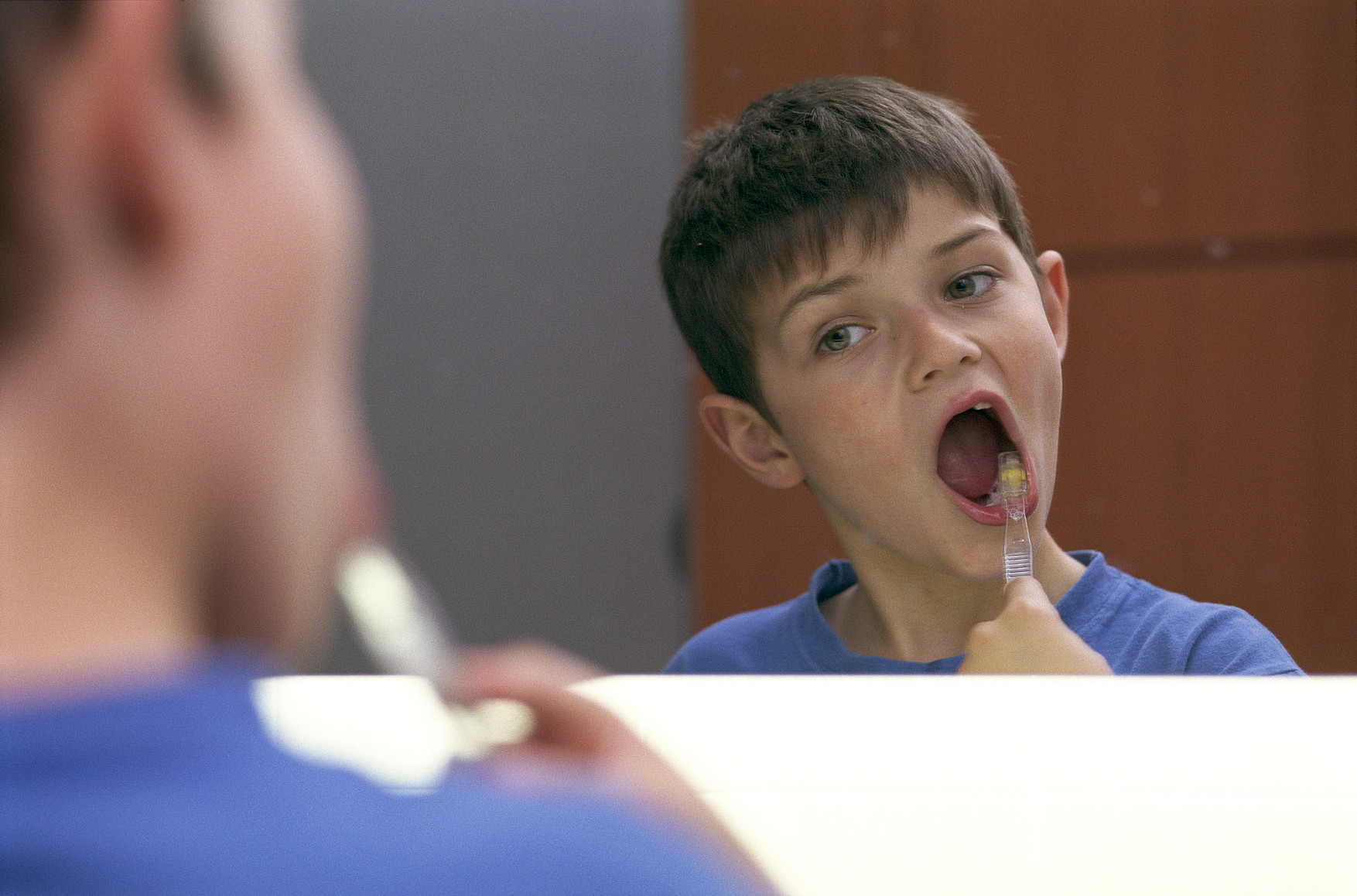
Tooth decay can be painful at best and - at worst - can lead to admission to hospital and teeth being removed under general anaesthetic.
In fact, tooth extraction is the number one reason why five to nine-year-old children are admitted to hospital.
Poor oral health can affect children and young people’s ability to sleep, eat, speak, play and socialise with other children. When children have toothache or need treatment, this can mean absence from school and parents having to take time off work. Oral health is an integral part of overall health, which affects children’s ability to learn, thrive and develop.
Our oral health survey published this month showed a welcome drop in the proportion of five-year-olds with tooth decay to less than 25% - the lowest level in almost a decade. However, there is still a great deal of regional variation.
For example, a third of five-year-olds suffer from tooth decay in the North West, compared with only a fifth in the South. And within regions, areas with higher levels of deprivation tend to have higher levels of tooth decay.
It is encouraging to see that there has been a 9% increase in the proportion of children with no obvious decay since 2008 and further analysis is now needed to help local authorities identify the steps they can take to extend the improvement in decay levels to all sectors of their populations.
Taking action on tooth decay
Ahead of the government’s childhood obesity strategy, we have seen a welcome increase in initiatives to reduce sugar consumption, from the levy on sugary drinks announced in the recent Budget to our sugar smart app which helps families to choose sugar-free drinks and snacks.
This progress is essential, not only to help reduce obesity, but to tackle tooth decay and help improve child oral health.
As with obesity, improving child oral health requires a whole-systems approach, with action across the sector, from healthcare to families and the food and drink industry.
Tooth decay is largely preventable by limiting sugary food and drink to mealtimes only, supporting children to brush their teeth twice a day with fluoride toothpaste and regular trips to the dentist – which are free of charge.
Whilst local authorities have a lead role in improving the oral health of their local population, everyone has a part to play.
In 2014, PHE produced guidance to help local authorities review and develop their oral health improvement strategies. The document advises on a number of ways to improve oral health outcomes for children and young people, and reduce oral health inequalities, including:
- Putting children and young people and their families at the heart of commissioning
- Adopting an integrated approach with partners such as PHE, NHS England and clinical commissioning groups
- Ensuring all local authority services for children and young people have oral health improvement embedded at strategic and operational levels
- Commissioning for oral health improvement early and across the life course
- Addressing the underlying causes of health inequalities of poor general and oral health through upstream, evidence-based actions
- Using, sharing and developing information and intelligence
- Supporting children and young people through their families, early years, schools and community settings to maintain good oral health, adopting a place-based approach
- Leading and advocating a clear local vision for oral health improvement and addressing oral health inequalities
- Providing access to quality local dental services focused on improving oral health
We have also produced an evidence-based toolkit to support dental teams in improving their patients’ general and oral health.
The risk factors for many general health conditions are common to those that affect oral health, such as smoking, alcohol misuse and poor diet.
Clinical dental teams therefore have an important role in supporting patients to make healthier choices to help benefit their oral health and reduce the risk to their general health as well.
Future objectives on oral health
Our ambition is for every child to grow up free from tooth decay, and improving the oral health of children is now a vital part of our work.
We have established a Child Oral Health Improvement Programme Board, working with partners to co-ordinate a substantial programme of work that aims to improve the oral health of children and reduce the oral health gap for disadvantaged children.
An example of this is the work we are undertaking with the Royal College of Paediatrics and Child Health and the Faculty of Dental Surgery to update the Personal Child Health Record, also referred to as the ‘red book’. In future, this will signpost to the comprehensive health promotion advice on children’s dental care developed by PHE.
Putting child oral health on the agenda is an important step to ensuring every child has the best start in life.
